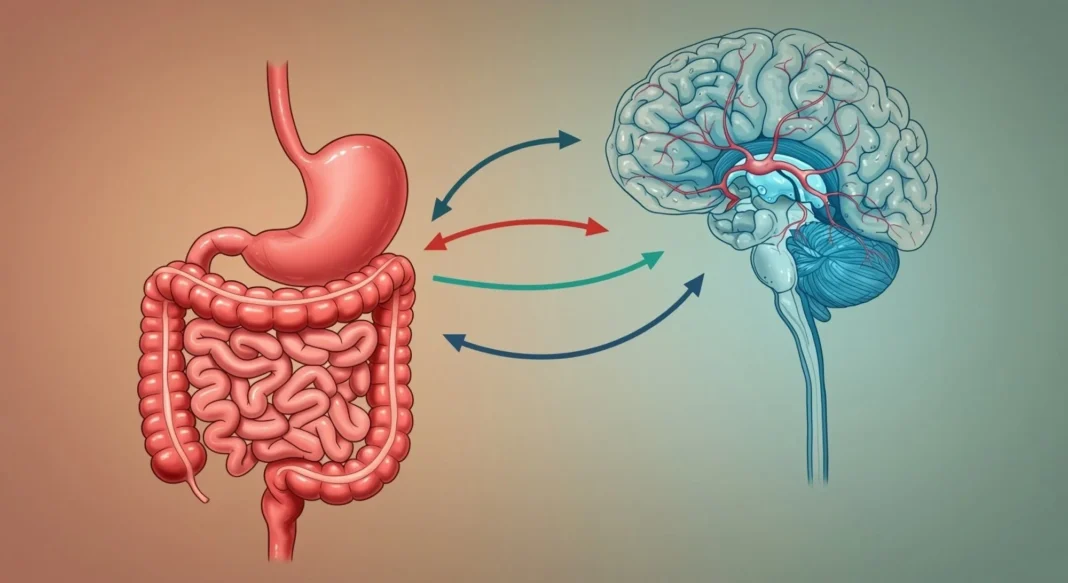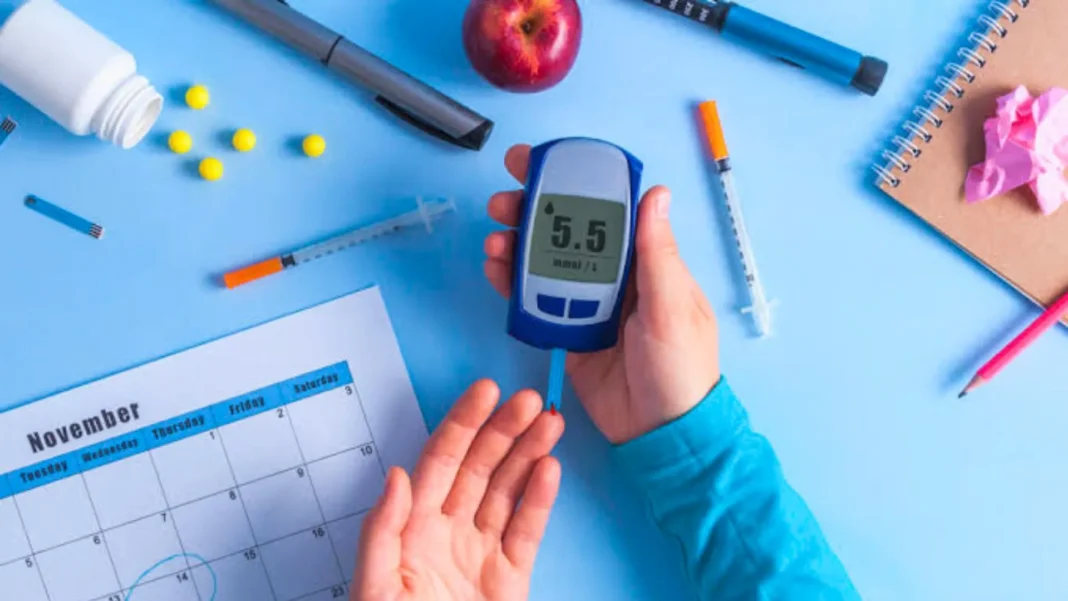The importance of gut microbiota in human health has gained increasing attention in recent years, with research linking it to everything from emotional responses and weight management to mental health and autoimmune conditions like type 1 diabetes and lupus.
Now, a new study published in The Journal of Immunology has uncovered a potential connection between gut microbiota and autism spectrum disorder (ASD)—and it suggests that a mother’s microbiome may play a more critical role than the child’s own.
“The microbiome is really important to the calibration of how the offspring’s immune system is going to respond to infection, injury, or stress,” said John Lukens, lead researcher and PhD student at the University of Virginia School of Medicine.
The Role of IL-17a in Brain Development
The study focused on interleukin-17a (IL-17a), a molecule produced by the immune system. Previously linked to autoimmune diseases such as psoriasis, multiple sclerosis, and rheumatoid arthritis, IL-17a also plays a key role in defending against infections—especially fungal ones. Importantly, it can influence brain development in utero.
To test IL-17a’s role in autism, researchers conducted experiments on mice:
- Female mice from two labs were selected. Mice from Lab A had gut microbiota that triggered inflammatory IL-17a responses; Lab B’s mice did not.
- When IL-17a was artificially suppressed in both groups during pregnancy, all offspring displayed neurotypical behavior at birth.
- However, when allowed to develop naturally, offspring of Lab A mice later showed autism-like behaviors involving social difficulties and repetitive actions.
Proving the Microbiota Link
To further test the microbiota’s influence, the team performed a fecal transplant from Lab A mice to Lab B mice. The result? The second group’s offspring began to exhibit autism-like behaviors, confirming that the altered microbiome contributed to the changes in neurodevelopment.
What’s Next?
While these findings are based on animal studies and may not directly apply to humans, they offer a promising new direction for autism research.
“There are a number of other molecules to investigate. IL-17a might just be one piece of a much bigger puzzle,” Lukens said.
The next phase involves identifying which components of the maternal microbiome are linked to autism—and whether similar patterns can be observed in human pregnancies.




